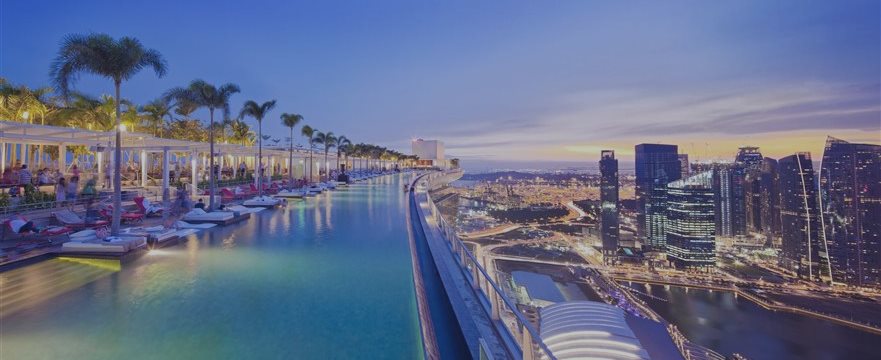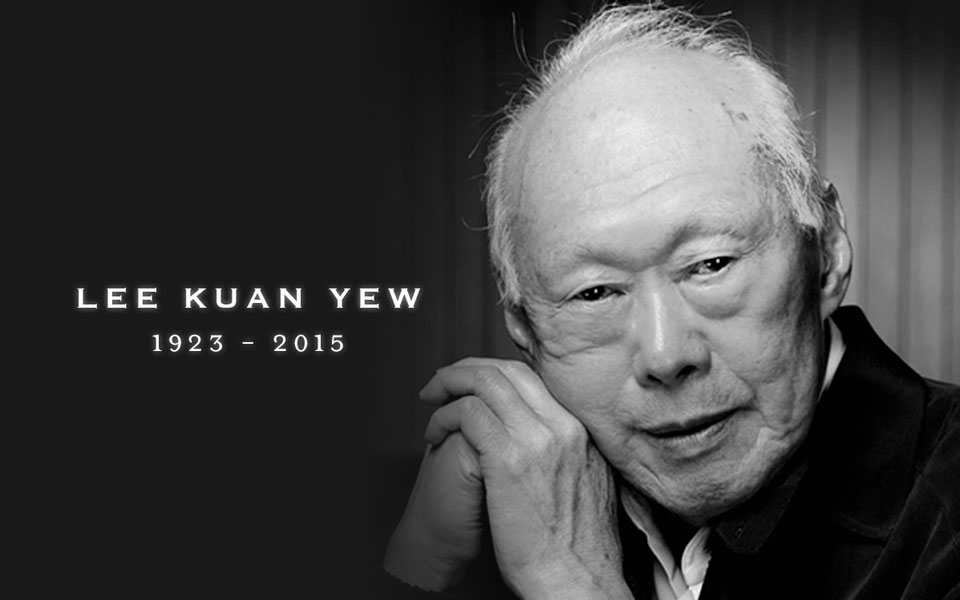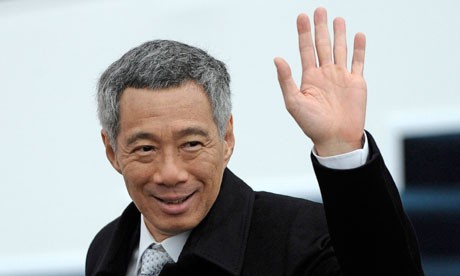
Singapore General Election: dissatisfaction with internal policy, stagnant economy will challenge PM's positions
There may be very few people in the country who think Singapore's powerful ruling party will lose tomorrow's general election. However, a weakening economy and the fact that for the first time in history all the city-state voters will be given a chance to choose who they want to see in office, provides the greatest electoral test for the prime minister Lee Hsien Loong.
It will be the first time he will face the polls without his father, the first prime minister of Singapore, who passed much legitimacy to his eldest son after three decades as premier.
Lee Kuan Yew, Singapore's founding father who turned the impoverish island with no natural resources into an economic powerhouse, died in March aged 91. The younger Lee will hope tomorrow, his father's support did not die with him.

General election
On Friday all of the 2.5 million registered voters in the south-east
Asian country will be able to decide if they still want Lee’s
People’s Action Party (PAP) to stay in power, as opposition groups will contest all 89
seats.
In 2006, only residents in 47 of 84 seats had a choice.
In 2011, resentment over housing prices, the cost of living and high immigration left the PAP – in office since independence 50 years ago – with a drop in votes. It still won 81 of 87 seats but secured only 60.1% of the overall vote, the lowest percentage in its history.
With that in mind, Lee called a snap election last month, more than a year before the deadline for the next polls. Analysts say he expected to ride the ruling party’s popularity boost after the country’s birthday celebrations on 9 August.
“I called this general election to seek your mandate to take
Singapore beyond SG50, into its next half-century,” Lee, who has been
premier since 2004, posted on Facebook.
“More than that, you will be choosing the team to work with you for the next 15-20 years, and setting the direction for Singapore for the next 50 years.”

Lee Hsien Loong
Opposition parties could campaign only during nine days - the
shortest legally allowed period.
Eugene Tan, a political analyst and associate professor of law at Singapore Management University, said that as the PAP's grip on power wavers, this election is very much about the future of Singapore's political system.
"I think Singaporeans appreciate the good governance that has come from the ruling People's Action Party being in charge for the last 56 years, but I think they are also concerned about the vulnerabilities that come with a one party dominant system," he said.
Voter dissatisfaction
The country of 5.5 million people with no natural resources has rested upon open immigration policies to provide cheap labor to buoy its global fame as a financial services hub and electronics manufacturer.
Lee has had to balance public demands to trim immigration into the tiny city-state. Stricter immigration policies have been partly blamed
for the drop in growth forecasts.
A survey by local research firm Blackbox signals the "overall government satisfaction index" among residents is just 42% for the cost of living, 53% for housing affordability 53% and 57% for public transport.
Singapore's economy has also begun to stagnate. Earlier this month, a survey released that analysts now expect the economy to grow 2.2% in 2005, below previous predictions of 2 to 4%, making strength of Singapore's economy another key issue heading into the election.
However, in Tan's opinion, the shape of Singapore's political future is paramount for voters at this election.
"I think the key issue for voters that overarches some of the hot-button issues like immigration, cost of living, housing affordability, retirement adequacy and the public infrastructure crunch, really is the question of how Singapore's political system should evolve," he said.
The PAP has been “very transparent about the fact that a slowdown in immigration inflows would blunt economic growth, and this is exactly what has transpired”, said Andrew Wood, the Singapore-based head of Asia country risk analysis at BMI Research. In his opinion, the party has struck a good balance between answering the public calls to slash the inflow while maintaining a healthy economy.
While both Lees have been criticised for restraining political opposition and independent media, Blackbox found that satisfaction for government accountability stood at 89%, with civil rights and free speech also high at 79%, pointing out that these issues will not be top of the electorate’s agenda.
Still, social inequality is cited as a major issue for the 2015 polls and this is where the main opposition, the Workers’ party, will want to grab seats – its candidates wear blue shirts to symbolise the party’s connection to blue-collar workers.


